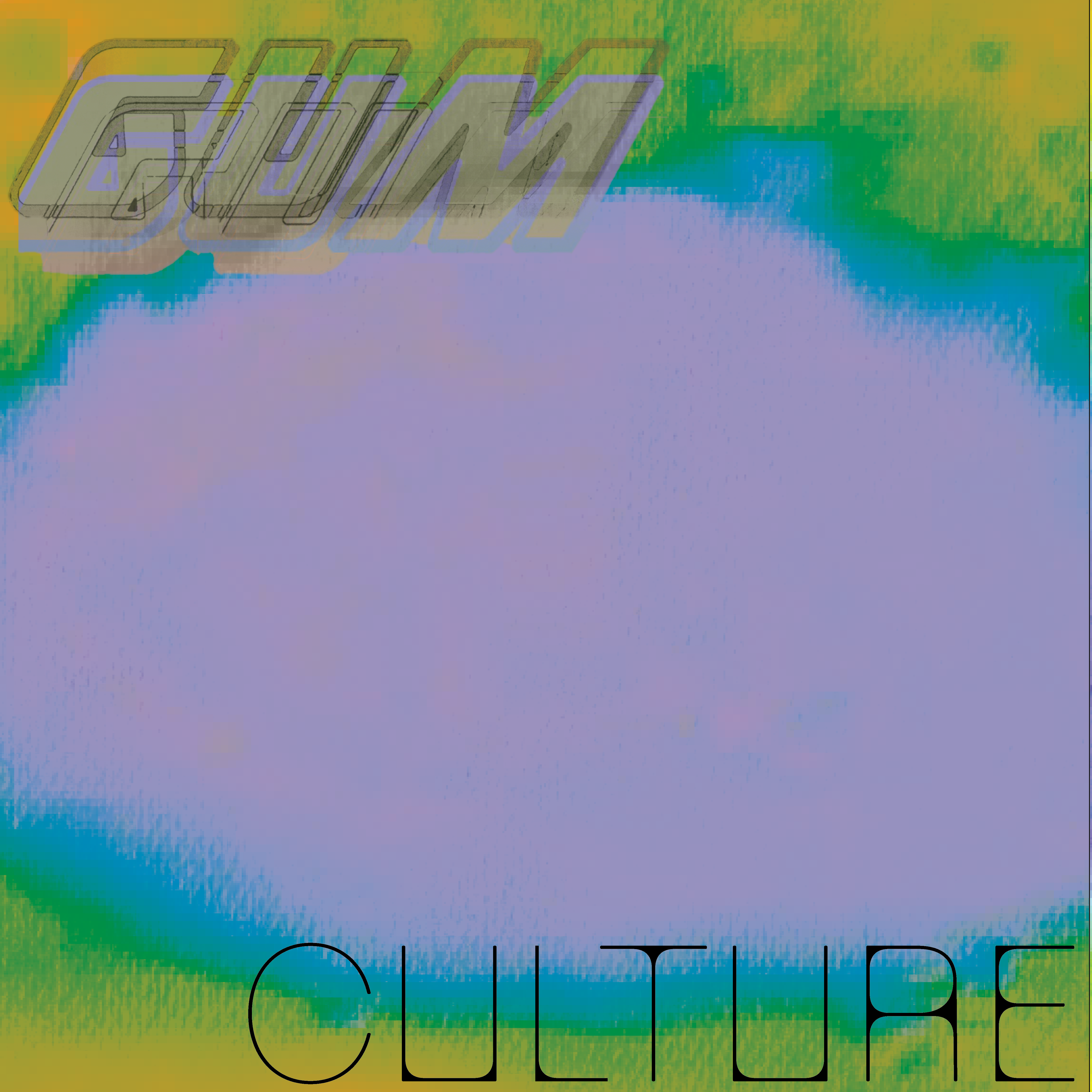Words: Ellie Pagano (she/her)
You’ve just made it through airport security, suitcase squeaking behind you, a slight sweat breaking out on your forehead, a charger and newly chugged bottle of water juggled in your hands, ready to board your flight. It’s fine, you tell yourself, soon you’ll be sitting on the beach, away from screaming children and the droning alert system, just you and your – shit – you forgot your book. The desperate search through the garishly decorated book stands in WHSmith can often be disheartening if you find yourself bookless at the airport. With your selection ranging from Prince Harry’s ‘unflinchingly honest’ autobiography, to Colleen Hoover’s newest ‘heart-shattering’ romance, it can be hard to find a novel which strikes the balance between a holiday read and cringe-inducing smut fiction.
That is to say, who decides what is good or bad fiction, especially in the hurry that characterises the airport book choice? In its essence, does the airport book not serve to provide temporary respite from the mundanity of the everyday, as the holiday itself serves to do? On a week-long beach holiday in Southern Italy, could you be blamed for shelving the Steinbeck and indulging in the delectably readable Marian Keyes? The airport book, fast in its plot, not overly challenging in its language and often quenching our thirst for romantic escapism, could be argued to serve the same role as, say, a sweet treat after dinner. A short, perhaps guilty, pleasure we indulge in after a tough day, week or month.
As a student of English Literature I often find myself in a “reading slump”, my capacity for digesting yet another post-modernist novel exhausted by its relentlessly mundane plot and pretentious use of typography. When reading these novels, where every fourth word requires a humbling Google definition search, it is easy to become hyper aware of the physical action of reading. Not swept away by the plot and distracted by the complex vocabulary, the act of reading can start to feel like the laborious process of discerning words from letters. Beyond the taxing nature of this kind of reading, there is a pressure to discern the intrinsic meaning or deeper themes within a text when reading for class. Therefore, is it unsurprising that those of us who don’t read Joyce for fun are more susceptible to literary burnout?
Often I have found myself annoyed by the pretentious nature of the novels prescribed on the English Literature course. Certainly, many novels considered to be of high literary value can feel inaccessible to the masses due to their self-consciously complex narrative style, making it common to feel that you are simply not smart enough to “get it”. In Rachel Cusk’s Kudos, a novel which we were set the task of reading for class, a character in the novel comments on people’s feelings surrounding reading and states: ‘More than anything […] people dislike being made to feel stupid’. This certainly doesn’t seem like a surprising statement, but within Cusk’s novel, which tries to elude interpretation throughout, this statement feels rather condescending. Why would a novel which self-consciously boasts its complexity not be met with contempt, and why is a novel’s literary value often conflated with how well it challenges its readership?
The best way out of an academically induced reading slump is through an easy read, a page turner, a book that could be classed as an airport book. Whether you’re actually boarding that plane abroad or just need a break from Brontë, a good, “light-read” (as coined by my mum and probably many others) – can reignite that desire to read in us which is often exhausted. A couple of books which personally helped me out of this reading funk, and broke the tik-tok-til-I-drop cycle before bed, were Mieko Kawakami’s All the Lovers in the Night and Cleopatra and Frankenstein by Coco Mellors. The first is a beautiful but uncomplicated writing of loneliness and love, which follows a proof-reader navigating new found relationships. The other is a book which I’ve discussed with many people – (my mum included – who did not like it) – which is the very definition of a fast paced, page turner. Packed with disarmingly witty dialogues and a whirlwind love story which the rom-com enthusiast will love, this book got me off the for-you-page and back to the paper page.
Although these books could be classed as light reads, does this label infringe on their literary value? Surely to make reading a more accessible and enjoyable activity we have to abandon attempts to categorise literature into distinct strata of “good” and “bad”. Ultimately, the characterisation of fiction as being of high or low literary value, academic or pleasure, good or bad, is totally subjective. Whether Dante or Dan Brown are your idea of the perfect read, it appears that literary value is in the eye of the beholder.

